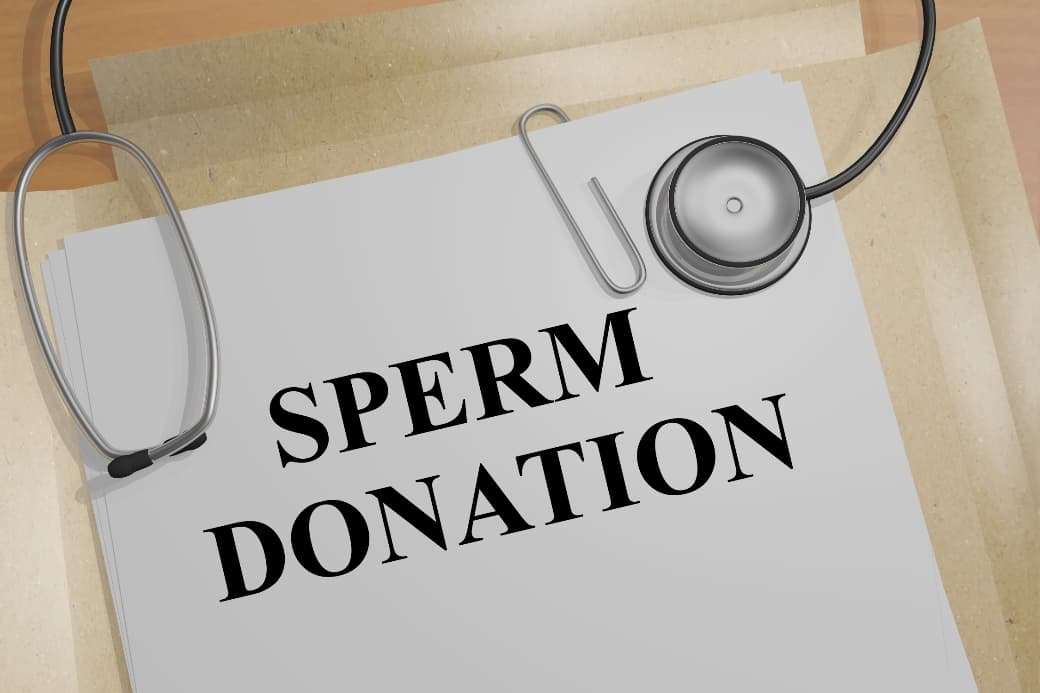The Fertility Society of Australia and New Zealand (FSANZ) has thrown its support behind moves to establish a national sperm donation register.
The peak Australasian body representing scientists, doctors, researchers, nurses, fertility counsellors and patients in the field of assisted reproduction warns of dangers associated with unregulated on-line sperm donations and home insemination.
FSANZ President, Professor Luk Rombauts, said there were also growing concerns about on-line “prolific sperm donors” offering their services with some donors having created significantly more families than legally allowed when inseminations are offered through accredited clinics.
“Nobody seems to be asking how donor-conceived children will feel growing up knowing that they are part of large group of half-siblings, and it also raises the real prospect of accidental co-sanguinity”.
FSANZ President, Professor Luk Rombauts
“We totally support the rights and desires of people to start their own families, but unregulated on-line sperm donation presents considerable medical and legal risks for all parties and particularly for children donor-conceived in this way,” he said.
“With on-line sperm donations there are no appropriate screening protocols for sexually transmitted or genetically linked diseases, no professional counselling to help people make informed decisions about this procedure, along with the potential of frightening legal ramifications.
“In accredited fertility clinics, all sperm donations are recorded, and professional screening and quarantining procedures are in place as accepted practice to provide appropriate health safeguards.
“Donor recipients can have confidence in these procedures as they are independently audited by the Reproductive Technology Accreditation Committee (RTAC), which is the national regulator.”
The RTAC Code of Practice details how donated gametes and embryos are handled by a licensed fertility clinic so that donors and recipients are properly identified, and the risk of infection is minimised.
Professor Rombauts said the FSANZ supported calls by the Australian and New Zealand Infertility Counsellors Association (ANZICA) to establish a central national donor register to track sperm donations and resulting conceptions across all States and Territories.
ANZICA is writing to the Federal Health Minister urging a parliamentary inquiry into the lack of regulation of on-line sperm donations and suggesting the creation of the national sperm donation register that would record both formal and informal sperm donations.
“Currently, informal donations are not recorded at all with no adequate system of tracking donations and conceptions that occur outside of accredited fertility clinics,” Professor Rombauts explained.
“A proper national register would monitor the number of families created from the same donor, guide and inform potential recipients of sperm donations, and support donor conceived offspring with knowledge of their biological heritage.”
FSANZ President, Professor Luk Rombauts
ANZICA Chair, Rebecca Kerner, said apart from potential medical and legal ramifications there was also potential psychological harm for children born as a result of unregulated, informal donations.
“ANZICA supports a central register that ensures a singular family limit for all donors, and that it applies across all jurisdictions”.
ANZICA Chair, Rebecca Kerner
“We are therefore seeking legislation that would make it a legal requirement for recipients who have accessed a donor using an informal arrangement to register identifying information about their donor, similar to the legal requirement to register a birth.”

